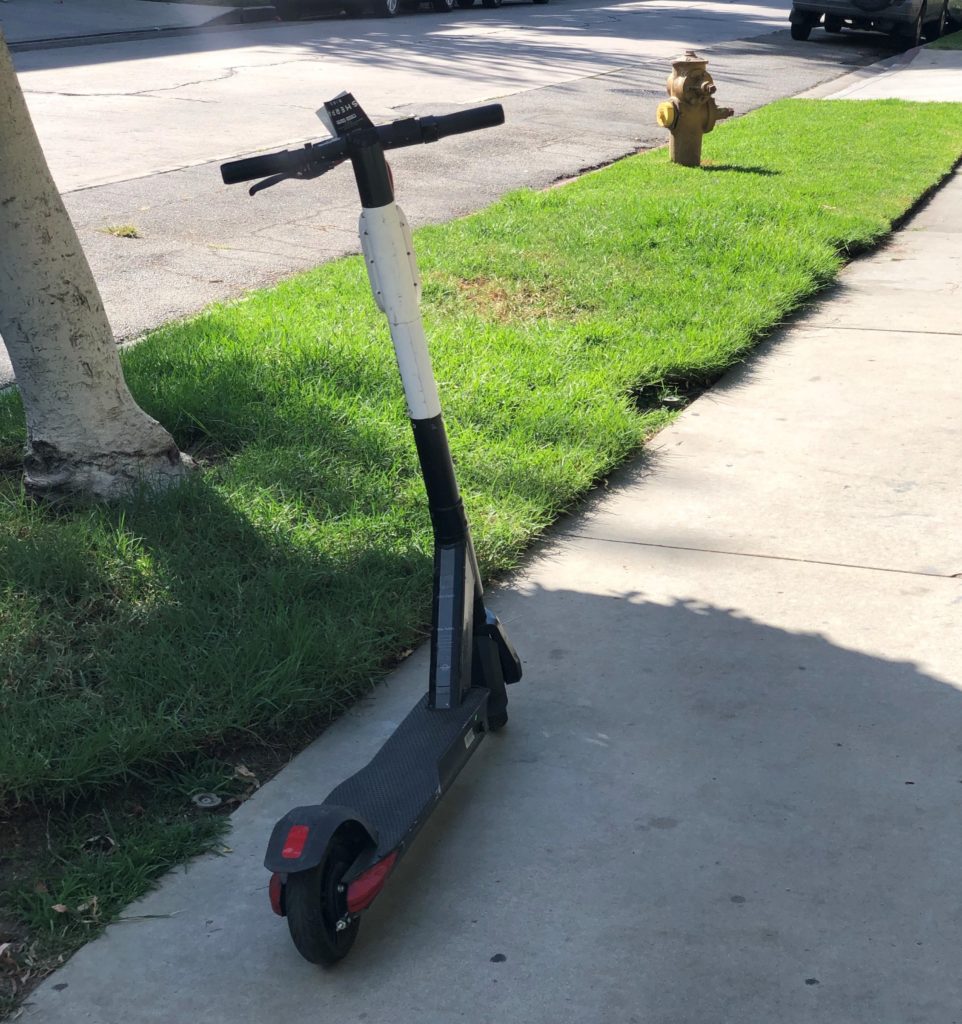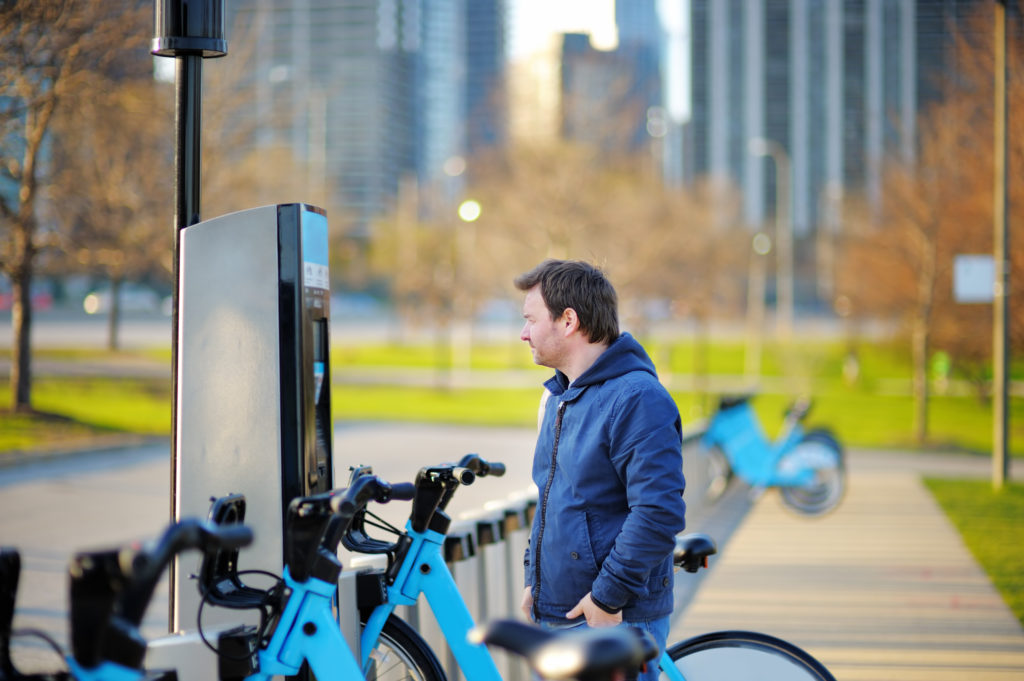
A new report released by INRIX, a data analysis company that helps power the likes of Google Maps and Waze, suggests that Chicago may be one of the top cities to support “micromobility.” Many may be asking what “micromobility” even means, and for good reason. INRIX has actually coined the term and uses it to define modes of transportation, such as shared bikes, e-bikes, and e-scooters. The data company’s belief is that through the use and support of micromobility, cities may find a lot of potential in curbing traffic congestion in a cost effective and environmentally friendly way.
Supporting this idea and belief is data based on 50 million vehicles throughout the most congested cities in the United States, which found that 48% of all car trips are less than three miles long. INRIX’s belief is that this commuting length of less than three miles is precisely where micromobility can make a change on cities throughout the United States.
In using this initial data, INRIX then turned to cities throughout the States to see where they had the most potential. In doing so, the company found that Honolulu, New Orleans, Nashville, and Chicago rounded out the top 4 of the group. It was found that 22% of Chicagoans driving was to go no further than a mile, while 17% of trips were for 1-2-mile trips, and only 12% of trips were 2-3 miles in length.
At first, this data appeared to speak for itself. Not only does it suggest the long-held belief that the more we commute through public transportation or via alternative means other than automobiles, the better traffic and congestion will be, but that there are endless amounts of data to support such a notion. However, a closer look reveals several questions that must be answered. How does city landscape and terrain affect the potential for successful micromobility options? How does a city properly fund maintaining and regulating such options? And most importantly, how do cities keep their residents safe? The latter being the most pressing concern amid a push for increased transportation.
While the data presented may paint a picture that this is a common sense move that more cities need to continue adopting and build around, the reality is that establishing infrastructure such as this is incredibly dangerous. The argument can easily be made that driving a vehicle is just as dangerous, but as we have continuously covered since the adoption of these scooter programs, riders are not gaining insurance coverage, placing them in horrible situations if they are ever seriously injured. Those extra minutes of sitting in traffic are worth it, if it means you aren’t running the risk of being injured because the city has not properly provided the necessary safety precautions. And that is precisely what the issue is today. As this data from INRIX suggests that cities like Chicago and Nashville are in great positions to adopt micromobility programs and implement them, it doesn’t really factor in safety or landscape into its decision making.
Cities Come in all Shapes and Sizes
Having lived in Nashville, the argument is pretty easy to make that a city with a crumbling public transportation system, with the inability to properly establish bike lanes, should probably not be the poster child for a micromobility platform. This is not to say that Nashville has issues that cannot be resolved, but there is so much more that needs to be addressed before a city can adopt transportation platforms like INRIX proposes. Take away infrastructure concerns for a moment and look to the overarching safety concerns. Nashville actually tested its own scooter program a year ago and quickly shut it down as a man was tragically killed.
Incidents such as the one that occurred in Nashville are happening all over the place. In Chicago, we also have had our share of incidents that have really made city officials pause and analyze if the pilot program is worth it. Not only are these topics that need to seriously be addressed before programs adopting micromobility can be fully adopted, but for us, it really comes down to protection for riders. While city regulations and safety ordinances help establish rules of the road for micromobility users, none of that matters if the person riding is unable to have his medical bills paid for due to the scooter or bike-sharing company failing to provide any sort of adequate coverage. This is a serious issue that needs to be addressed before cities even consider putting more people on the roads.
Although, we have serious reservations regarding any sort of implementation of these programs before coverage is provided for users, INRIX has provided its own Road Rules program that is meant to help cities navigate safe and efficient means to alleviate traffic congestion. Information such as this can be used to inform cities what is necessary to make micromobility a real factor throughout the States. The more information available for our city officials, the higher our safety standards for the place we call home should be.




